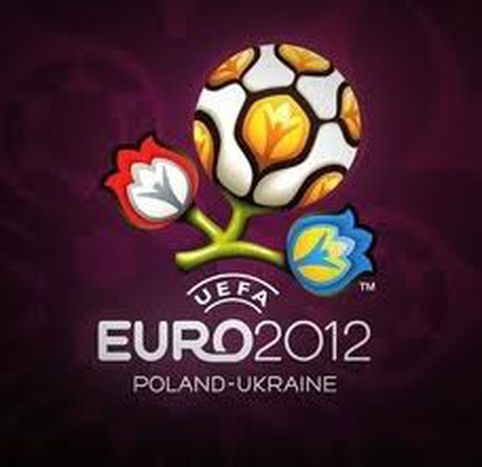
The Euro 2012 has a big Ukrainian thorn in the side
Published on
By Appolonia Benoist Last Friday, the Euro 2012 kicked off with great fanfare in Warsaw, the capital of Poland. For once, all eyes are riveted to Eastern Europe as Ukraine also hosts the tournament. The big teams are now entering the game and the prognostics are going well. Who is going to win this time? Spain, Portugal, Italia, Greece?
Let’s hope that they will be luckier in games than in economics! However, will football make us forget the dark stories occurring backstage in Ukraine? Pro-Russian President Viktor Yanukovych’s authoritarian regime, former Ukrainian Prime Minister Yulia Tymoshenko being mistreated in prison, racial issues, hooliganism, prostitution… “Creating history together” being the official slogan of the Euro 2012, we could have expected a brighter perspective.
A country in turmoil
Since the Orange Revolution embodied by Yulia Tymoshenko in 2004, Ukraine has been on a rollercoaster. First euphoric after the victory of pro-occidental Viktor Yushchenko at the presidential elections, the Ukrainian people were quickly disenchanted by the many broken promises of this brand-new government. Too divided, the majority party failed to fight corruption and plunged the country into deeper economic difficulties. Led by Viktor Yanukovych, Kiev’s pro-Russian elite was the first to benefit from the cacophony and re-accessed the presidency in 2010. Since then, Ukraine has been slowly but surely turning into a second Belarus where the repression of the opposition is common practice.
With the Euro 2012, a lot is a stake
In Ukraine, time seems to have stopped since the collapse of the Soviet Union in 1991. Roads are in poor condition, the access to heat is still problematic in rural districts, and the average gross salary is 237€ per month. Poverty forms part of the picture. Not only is the Euro 2012 a major event which should attract tourists in these abandoned lands but it is also a second rebirth for Ukraine: massive investments have accelerated the renewal of existing infrastructure and allowed to build new one. Things seem to be finally moving but Poland, where return on investment is higher, could be the real “economic winner” of the Euro 2012 leaving Ukraine on the sidelines. Indeed, Ukraine’s bad reputation backfires. To protest against Yanukovych’s authoritarian practices, various European politicians (including Barroso and Hollande) have chosen to stay away from the Ukrainian playgrounds. Add to this the reported cases of racism in the stadiums, the lack of cheap hotels, the prostitution… This smells bad!
However, let’s be positive: for Ukraine, hosting the Euro 2012 is a step towards integration with the European Union. For years now, Russia and the EU have been engaged in a show of strength to attract Ukraine into their arms. And Europe may have gained some ground lately. At least, we note that sport can be a way to efficiently raise people's awareness of political issues. With the Euro 2012, all eyes are now riveted to Kiev's intolerable regime and Europeans do agree on one thing: this has to come to an end!



